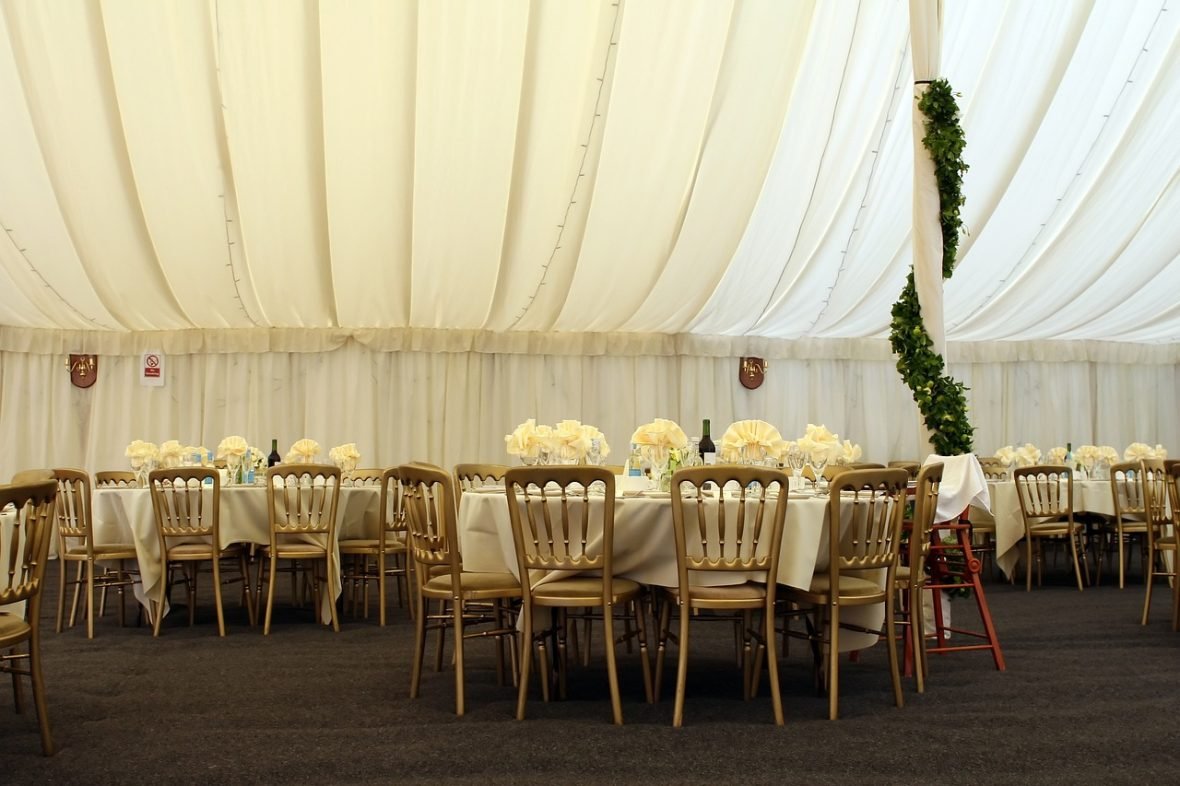Planning a corporate event is more than just organizing a gathering; it’s about creating an experience that resonates with attendees long after it concludes. In the bustling corporate world, events serve as pivotal moments for networking, brand promotion, and celebrating achievements. Whether it’s a small seminar or a large-scale conference, every detail counts in making the event successful and memorable. This is especially true in today’s fast-paced business environment, where corporate events can significantly impact a company’s image and employee morale. This comprehensive guide provides 10 essential tips for corporate event planning, ensuring your next event is not just successful, but also a standout affair. From careful planning and venue selection to the final touches that personalize an event, these insights will equip you with the tools needed to orchestrate a corporate event that is both impactful and engaging.
Venue Booking: The Cornerstone of Event Planning
Selecting the right venue is the cornerstone of successful corporate event planning. Venue booking should align with the event’s theme, size, and logistical requirements. Consider factors like location, accessibility, capacity, and the amenities provided. A venue that resonates with your company’s image and the event’s purpose can significantly enhance the attendee experience. Remember to book well in advance to secure your preferred dates and negotiate the best possible terms. The right venue sets the tone for the entire event, so invest time in finding a space that fits your vision perfectly.
Crafting an Engaging Agenda
An engaging and well-structured agenda is critical to keep attendees interested and invested. Start by defining the primary objectives of your event and then build an agenda that reflects these goals. Include a mix of keynote speeches, workshops, networking sessions, and entertainment to maintain energy and interest. Timely breaks and interactive sessions can also help in keeping the audience engaged. Ensure that each element of the agenda adds value and aligns with the overall theme of the event.
Budget Management: Balancing Quality and Cost
Effective budget management is crucial in corporate event planning. Start by outlining a clear budget that covers all aspects of the event, from venue booking to catering and entertainment. Be realistic about what you can achieve with the allocated funds and look for creative ways to maximize value without compromising on quality. Keep track of expenses and be prepared for unexpected costs. Remember, a successful event is one that achieves its objectives within the budgetary constraints.
Marketing and Promotion Strategies
A well-planned marketing strategy is essential to ensure your event reaches its target audience. Utilize various channels like email marketing, social media, company newsletters, and word-of-mouth to promote the event. Tailor your marketing messages to highlight the unique aspects of the event and the value it offers to attendees. Early promotion and regular updates can help in building anticipation and ensuring a good turnout.
Catering Choices: Satisfying Diverse Palates
Catering is more than just a meal; it’s a crucial element of the event experience. Select a menu that caters to various dietary preferences and reflects the event’s tone. Work with reputable caterers who understand your vision and can deliver quality service within your budget. Consider the format of the event – whether it’s a sit-down dinner, buffet, or cocktail reception – and plan the menu accordingly. Thoughtful catering choices can greatly enhance the attendee experience.
Attention to Detail: The Key to Flawless Execution
In corporate event planning, the devil is often in the details. Paying close attention to even the smallest aspects can have a big impact on the overall experience. This includes everything from the check-in process and seating arrangements to the quality of audio-visual equipment. Ensure that every element is meticulously planned and double-checked. Being detail-oriented helps in anticipating and mitigating potential issues before they arise.
Leveraging Technology for Enhanced Experience
Incorporating technology can significantly enhance the efficiency and engagement of a corporate event. From digital check-ins and event apps to live streaming and social media integration, technology can add a modern touch to your event. It also facilitates better interaction and engagement among attendees, making the event more memorable and interactive.
Networking Opportunities: Facilitating Connections
One of the primary goals of most corporate events is to provide networking opportunities. Plan activities or spaces that encourage interaction among attendees. This could be through structured networking sessions, interactive workshops, or informal social events. Facilitating connections not only adds value for the attendees but also enhances the overall impact of the event.
Post-Event Feedback and Analysis
Gathering feedback after the event is crucial for continuous improvement. Use surveys or informal conversations to understand what worked and what didn’t. Analyze this feedback to gain insights into attendee satisfaction and areas for improvement. This information is invaluable for planning future events and ensuring they are even more successful.
Sustainable Practices in Event Planning
Incorporate sustainable practices into your event planning. This can include digital invitations, eco-friendly materials, and working with green vendors. Sustainable practices show your company’s commitment to environmental responsibility and can leave a positive impression on attendees.
Conclusion: Crafting Memorable Corporate Events
In conclusion, mastering the art of corporate event planning is about harmoniously blending various elements – from strategic venue booking to the integration of technology, attention to detail, and post-event analysis. Each step in the planning process plays a critical role in the overall success of the event. By following these essential tips, you can ensure that your corporate event not only achieves its objectives but also leaves a lasting impression on its attendees. Remember, a successful corporate event is one that is well-planned, engages its audience, and reflects the company’s values and brand. With careful planning and execution, you can transform any corporate gathering into an enriching and memorable experience.


